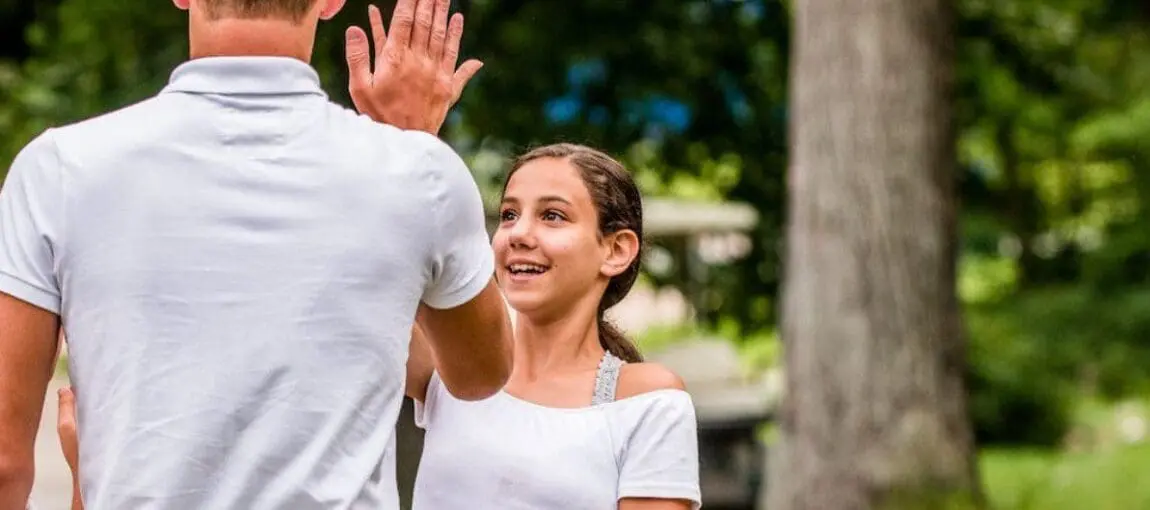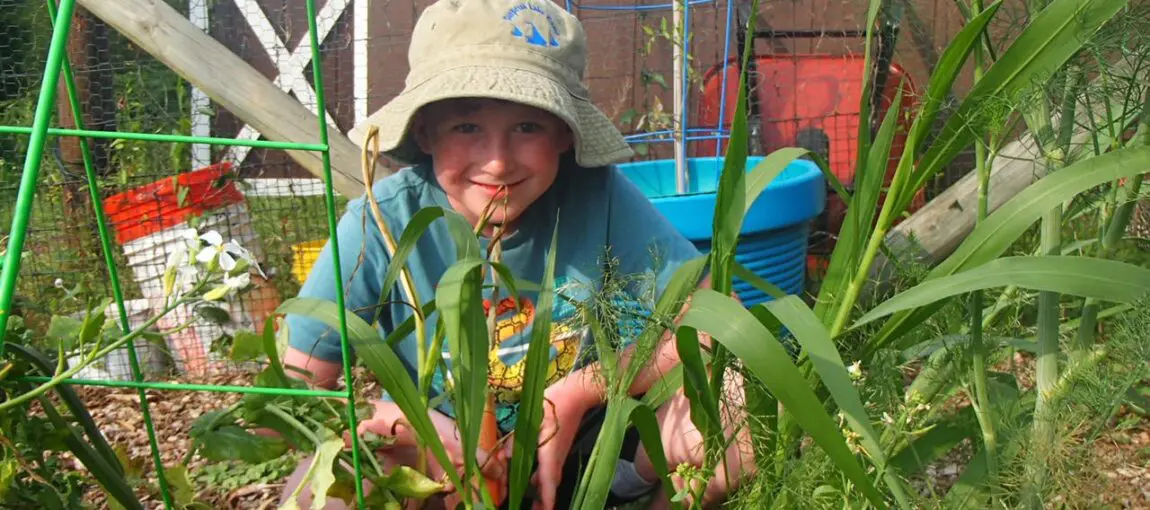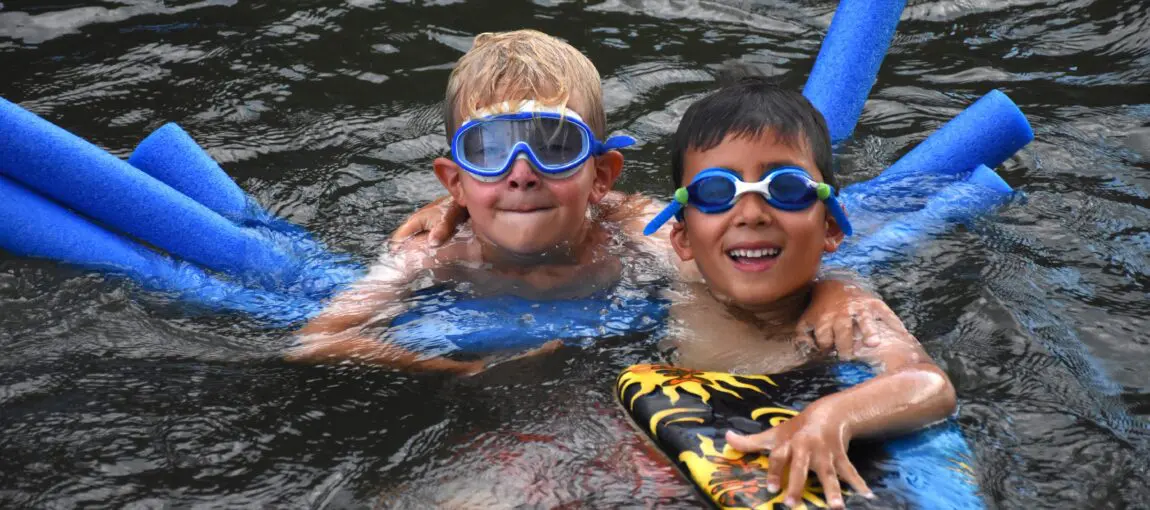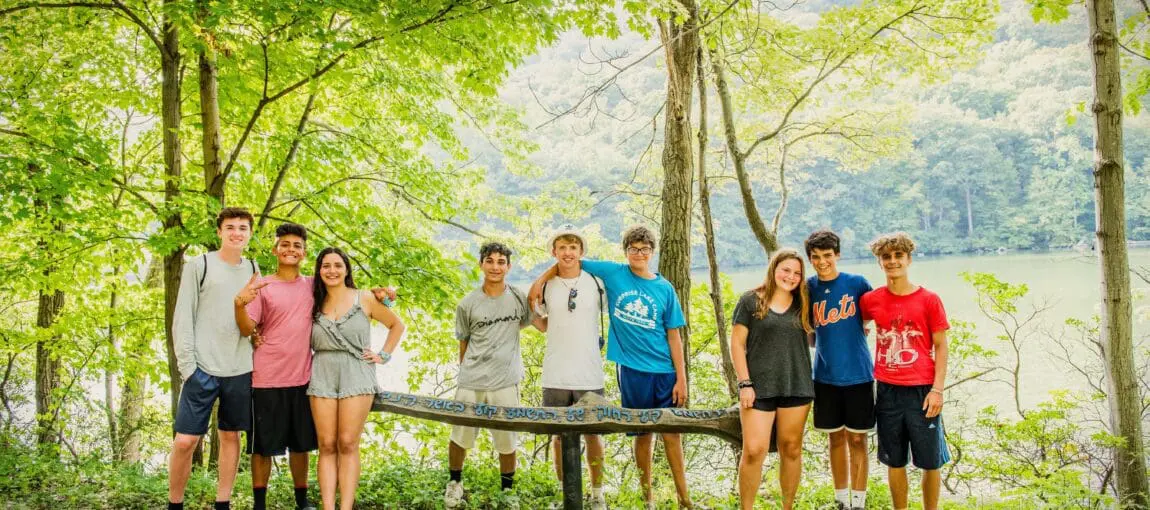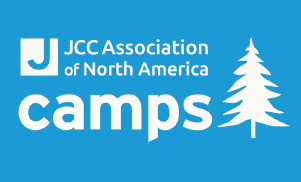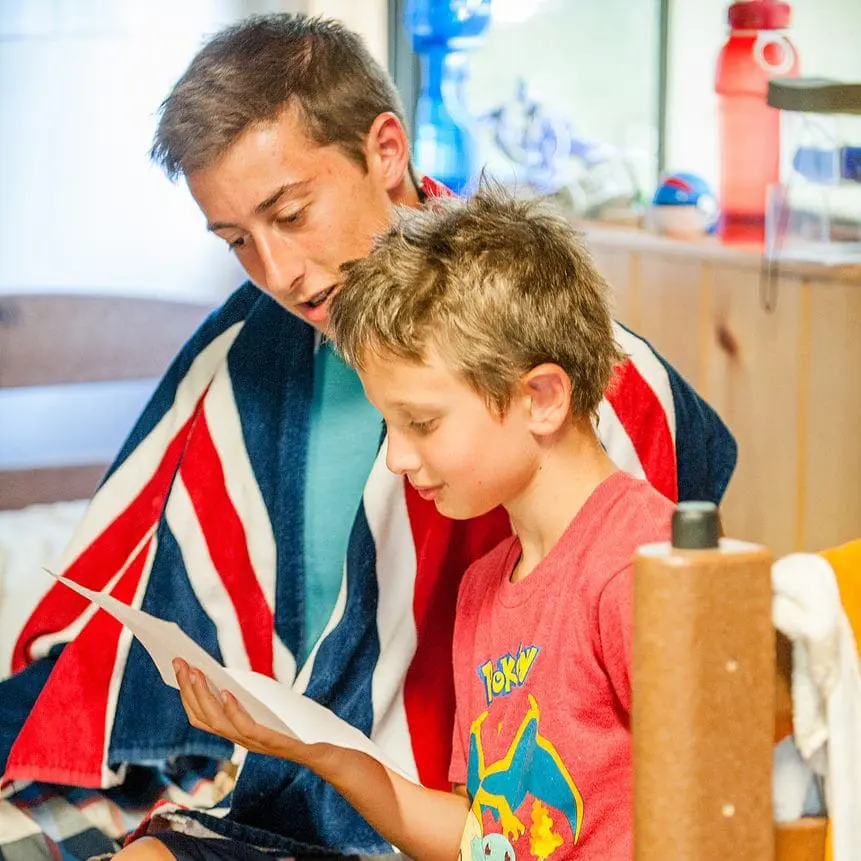
Missing Camp
It happens at the beginning of every session. It is inevitable and part of the process. We teach it during Staff Orientation, and train the supervisors to deal with it too. Even veteran campers (and staff!) are bound to miss home, and the first few nights of every session are marked by some tears. This year there will be tears of another kind. Instead of missing home, your children (and mine) will be missing camp and feeling sad about the summer that wasn’t.
When dealing with children who are missing home it is tempting to remind them of all the fun they will be having, all the adventures that are waiting for them, and all the good reasons why they are where they are. We can tell them that adults know best, that the feelings will pass, and that summer is not so long.
Tempting as these strategies are, they deprive the child and staff member of an important opportunity. We teach our staff that the feelings connect to missing home, or any strong feeling, is a moment to build relationships, to communicate to the child that that can safely express themselves and that they will be heard and understood. At SLC, we want our campers to know that no one will steal their feelings or talk them out of their point of view. Instead, we will sit with them – as long as we have to – to help them process their emotions.
How sad I am to say there will be no campers missing home this year. Instead, many campers will be missing camp, and though we regret that we will not be physically present to help them through those difficult moments, we are glad you, their parents and guardians will hold and support them through their feelings.
I was very talkative as a young therapist – many years ago. I was full of suggestions, and always offered up a “better” way of looking at things. I was eager to solve problems, offer advice, and help the children I was speaking with see “the bright side” of any situation. Over time I learned the important lesson that only experience can teach: that children are resilient and while they don’t need adults to solve their problems, they do need us to help them slow down, help them form their feelings into words, and listen, just listen to what they say.
When your camper is missing camp this summer, or missing school, or missing the playground, or missing friends, as so many children and, adults too, are, try to remember that they need your ears more than your tongues. The most important and helpful thing you can do is listen. Listen and agree. Agree with them that this is a bad situation and that it would be better if schools, playgrounds, movie theaters and camp were open. Remind them that they are important members of our community and their friends miss them.
Say it for them. Say it instead of them. Say it until they tell you that it’s not so bad. Help them see that you not only understand their feelings but share them as well. Do all that, and though they will still be sad, you will have reminded them that they are not alone.
Your children are clever and resilient creatures. You would be a better magician than I if you could convince them that all is well with the world right now. But you can remind them that you are there for them, that though their feelings are strong and real, they need never face them alone.
And after you tell them all that, remind them too that we miss them also, and that camp will survive this, and we will see each other there again soon.
If you have any concerns about how your child is responding to the situation, do not hesitate to reach out to either a licensed mental health professional in your community, or contact us at camp for help arranging support.


